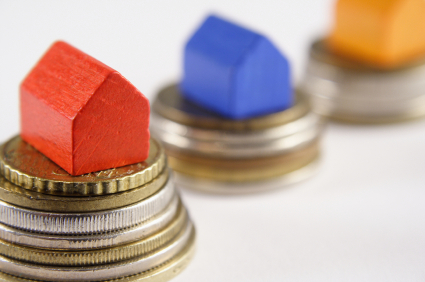
Most people cannot remember the actual price they paid for their house, according to a new survey from the Central Bank.
The research found that people tend to recall paying a lower price, while it also revealed that the value of their homes had not fallen as much as they thought.
Housing valuations tend to be used as an indicator of wealth. When people feel they have lost a lot of their wealth they tend to spend less, economists have found.
The Central Bank study found most households tend to understate the true purchase price. Six out of 10 claimed to have paid less for their homes than they actually did.
Most of those questioned getting the purchase price wrong by tens of thousands of euro.
More than one in five of those polled underestimated the price they paid for their home by up to €30,000.
Another third were out by between €30,000 and €120,000. Extreme volatility in housing prices during the boom and bust years was given as one of the key reasons people got it so wrong.
"Our results suggest that Irish households have some difficulty in accurately remembering their house price, with error measures indicating that most households are inclined to understate the true purchase price of their property," the report states.
Most people who bought during the boom are not as badly off as they think, according to the research 'Attenuation bias, recall error and the housing wealth effect'. This is because they paid more for the home than they think.
If people could accurately recall what they paid for their homes their loss of housing wealth would be far less than they assume.
The research is based on financial returns made by banks to the Central Bank and a survey of those householders with mortgages.





